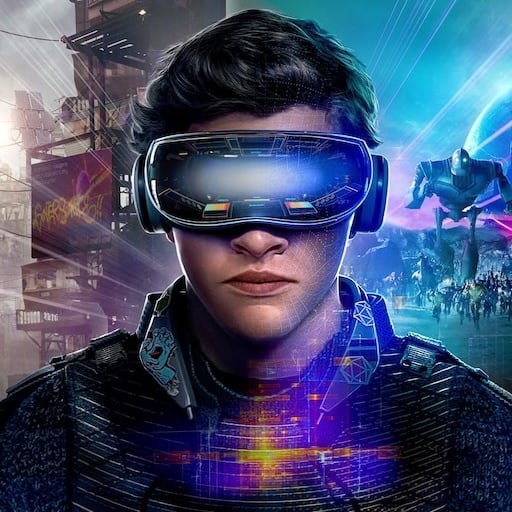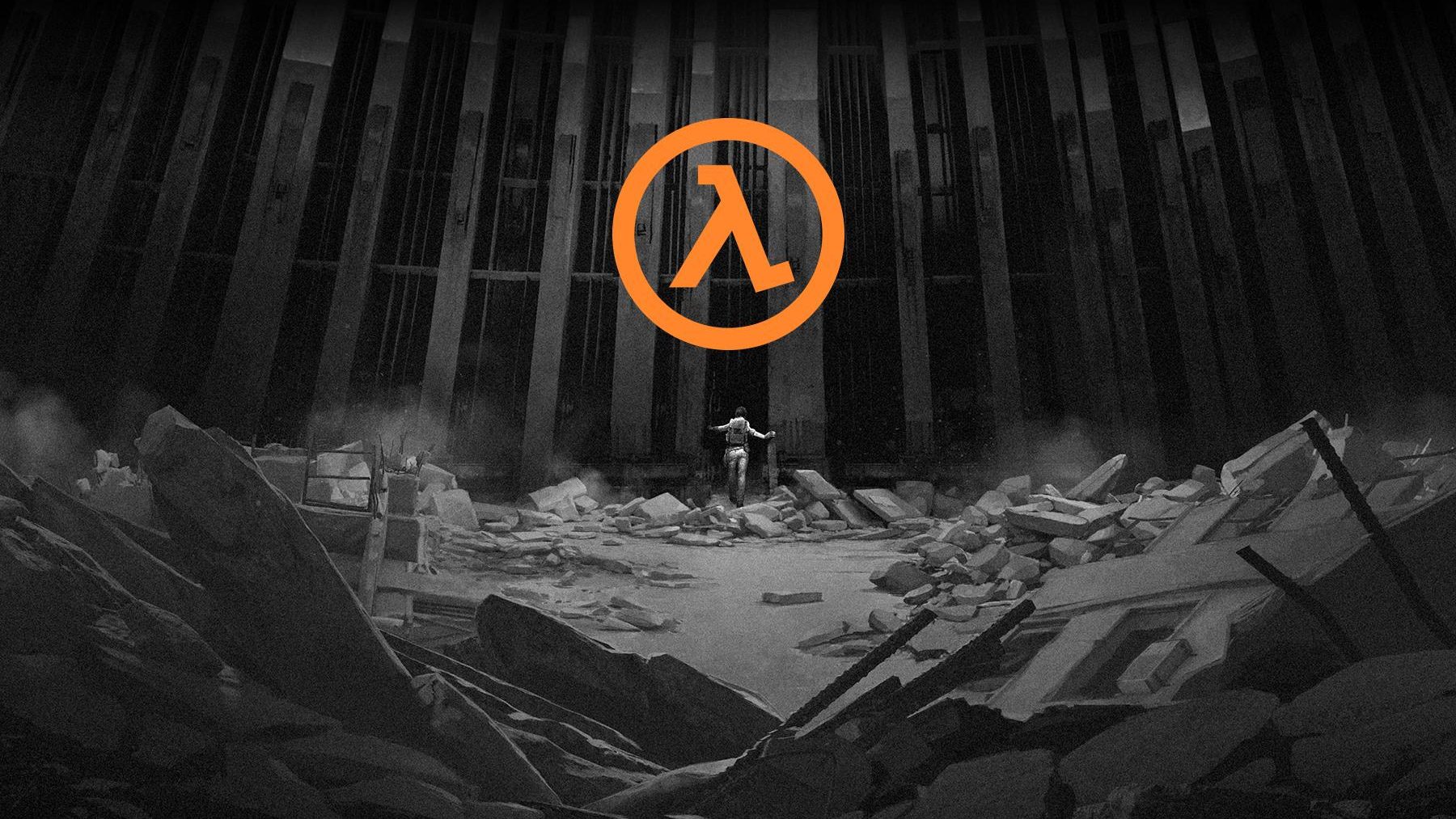There’s no shortage of speculation when it comes to all things Valve. Tyler McVicker, YouTuber and one of the leading voices dedicated to deciphering Valve’s various internal developments, however now reports that not only is the company’s long-awaited standalone VR headset still coming, but it may arrive alongside its own Half-Life game.
Valve’s much hyped standalone, known only as ‘Deckard’, is “still very much in production,” McVicker maintains, saying that according to his sources that Valve “still intend[s] on shipping this piece of hardware.



Intermediate format.
That’s all it’ll take to crack VR wide open. Just have some simplified geometry representation, which the headset itself can render at 240 Hz and millisecond-old tracking… and have games emit that. Then it genuinely does not matter how slow or distant the other hardware is. Are you doing VR gaming in the cloud, for some ungodly reason? Fantastic, nothing’s gonna make you ill, even if switches activate half a second after you poke them. Is your PC a Commodore 64 with USB-C? The world’s gonna crawl in slow motion, but you’ll be able to walk around smoothly and watch it all update.
This is the same problem that framebuffering solved. CRTs needed many refreshes per second - software couldn’t guarantee that. So instead of generating pixels as-they-appear, we used a simpler format that’d obviously get displayed in time, and had programs write to that format. Now you can get a sluggish framerate or tearing or whatever… but your screen never rolls, and there’s no hard limit on complexity.
VR needs many perspectives per second - and software can’t guarantee that. Reprojection is the right idea but a partial solution. We need to take it seriously for these problems to be solved. Even a shitty approach like scaled floating dots instead of regular pixels would let some PS2-grade hardware push hundreds of frames per second.